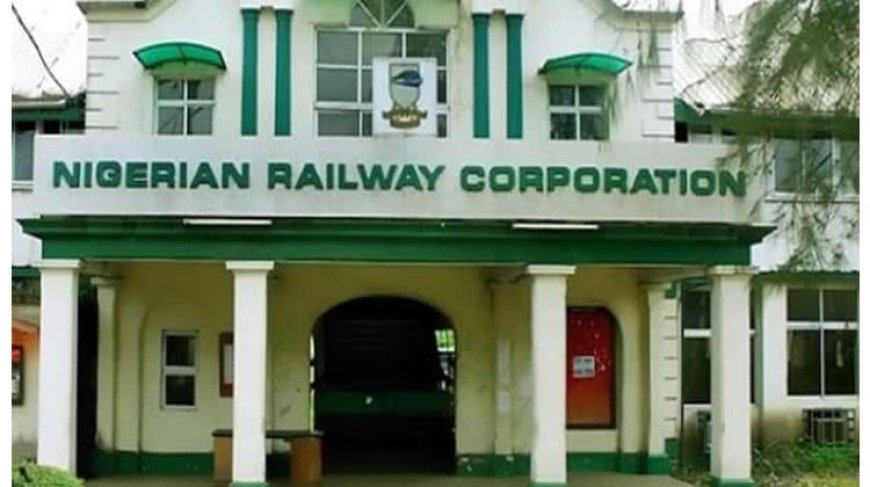NRC blames Abuja-Kaduna derailment on human error, speed

The Nigerian Railway Corporation has attributed the recent derailment of an Abuja–Kaduna passenger train to human error, excessive speeding, and the misapplication of the emergency braking system. The incident, which occurred on August 26, 2025, left 22 passengers injured and sparked widespread concern about safety along one of Nigeria’s busiest rail corridors.
In a statement issued on Monday, NRC Managing Director, Dr Kayode Opeifa, confirmed that recovery and repair operations had been successfully completed. He explained that all affected locomotives and carriages were re-railed and taken to workshops for further inspection and technical work.
“Our engineers have repaired the main track to a level that guarantees safe operations. While train services will resume shortly, repair works on the secondary line are still ongoing and will continue until they are fully completed,” Opeifa said.
The derailment happened shortly after the train departed Abuja around 11 a.m., heading towards Kaduna. Several coaches overturned, forcing frightened passengers to flee for safety. Many described the experience as chaotic, with some initially fearing a terrorist attack.
Following the incident, the NRC immediately launched an in-house investigation to determine the root causes. Opeifa revealed that management had accepted all recommendations made by the internal panel. “Our investigation established that human error, excessive speeding, and the misapplication of the emergency braking system were the primary causes of the derailment,” he stated.
The NRC is also awaiting the findings of two external inquiries—one by the Federal Ministry of Transportation, led by Minister Senator Sa’idu Alkali, and another by the Nigerian Safety Investigation Bureau. According to Opeifa, these reports will provide an independent assessment to guide future safety protocols.
As part of broader remedial measures, the NRC has commenced a comprehensive safety and infrastructure audit of the Abuja–Kaduna corridor. This process includes a detailed evaluation of repaired sections and other critical infrastructure along the route. “Our goal is to ensure that all aspects of the corridor meet the highest standards of safety, durability, and reliability before operations fully resume,” Opeifa added.
On passenger welfare, the NRC disclosed that out of the 618 people on board, 22 sustained injuries and are recovering. The Corporation has contacted 512 passengers successfully, while efforts are ongoing to reach the remaining 71. Some could not be reached due to incorrect details, unavailability, or non-responsiveness.
Opeifa expressed gratitude to passengers and the public for their patience during the disruption. He also commended security agencies for ensuring order during recovery efforts, as well as the media for providing accurate updates. “We also appreciate the support from the Minister of Transportation and his team at the Federal Ministry of Transportation,” he said.
While confirming that Abuja–Kaduna train services will soon resume, Opeifa reiterated the NRC’s commitment to prioritizing passenger safety. He assured the public that lessons from the derailment would strengthen operational protocols and reduce risks of future incidents.
The Abuja–Kaduna railway has remained a vital transport corridor for thousands of commuters and businesses. However, safety concerns have persisted following previous attacks and operational mishaps. The NRC’s latest findings underline the need for a stronger safety culture, enhanced operator training, and stricter monitoring to rebuild public confidence in rail travel.
With repair works near completion and investigations ongoing, the NRC has promised to implement robust measures aimed at restoring trust in the Abuja–Kaduna corridor as a reliable, secure, and efficient means of travel.
Abuja-Kaduna Train Derailment Caused by Human Error, Speedin









